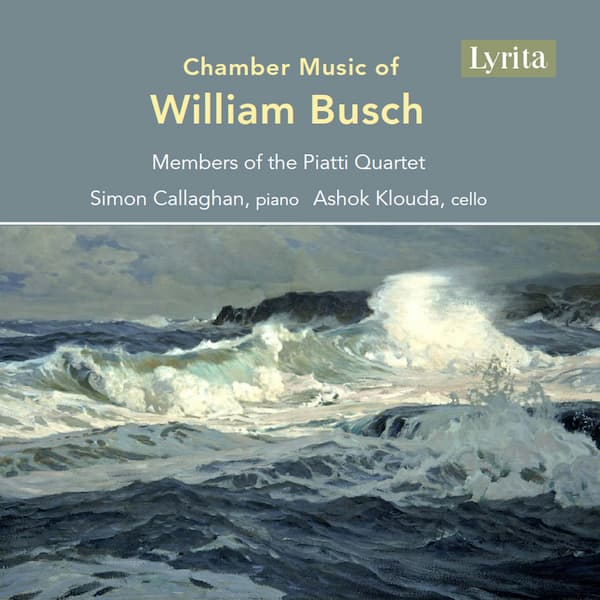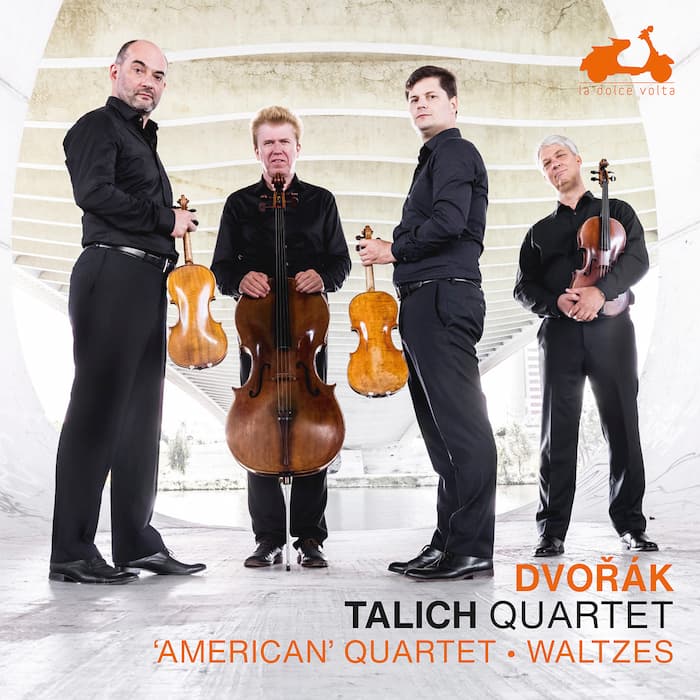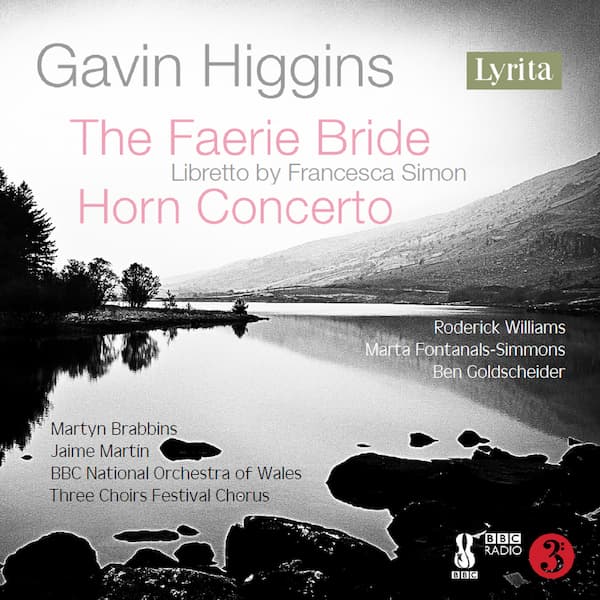For the summer season in 1912 and for three weeks in the Spring of 1913, Ralph Vaughan Williams was invited to Stratford-upon-Avon to compose incidental music and conduct for the Shakespeare productions. Vaughan Williams was invited by Sir Frank Benson, the actor-manager at the Memorial Theatre.
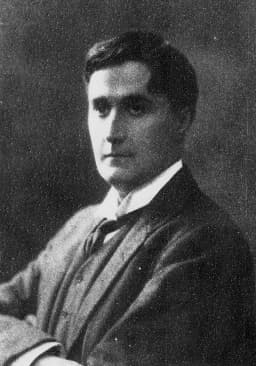
Ralph Vaughan Williams in 1910
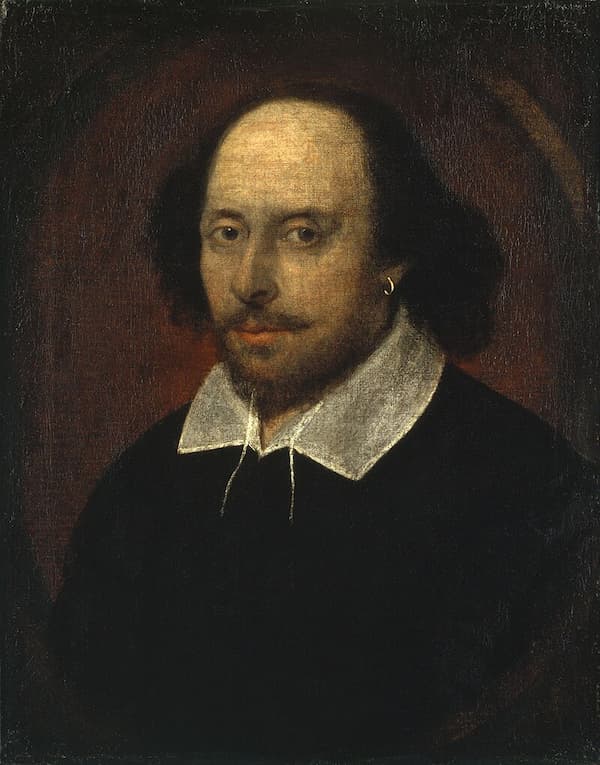
John Taylor: Portrait of Wiliam Shakespeare (The Chandos Portrait), 1611 (National Portrait Gallery)
This was an experiment on the part of Benson and only partially successful. There was a long tradition of incidental music for the Shakespeare productions, and although he arrived equipped with ‘masses, plainsong, and plenty of folk music’, ready to do his part for the history plays, in the end, he was only permitted to write for Henry V and Richard II.
The critics noticed the improvement in the music immediately, saying that he had ‘put the music…on a much higher level’ already by his first visit.
While in Shakespeare’s City, Vaughan Williams did more than just music for the plays. He also lectured on folk music, participated in one of Cecil Sharp’s folk festivals by taking charge of the musical arrangements, and created incidental music for both a new play, The Masque of the Rose, by R.T. Rundle Milliken, and for The Devil’s Disciple by George Bernard Shaw.
One of the works he wrote in 1913 was an Overture for Henry V, but this has not survived in its entirety. He rewrote the work in 1933, but it was a very different version 20 years later. Research in the Stratford collections has now turned up some of the music, and this recording presents a reconstruction of the original Henry V Overture, albeit missing a few parts (Clarinets, Bassoons, Cornet, Timpani, Percussion), which the editor did not try to supply on his own.
The Overture opens with the Agincourt Carol, taken from a version in the Bodleian Library. This was the first use of this carol in a composition. This opening was not used in the 1933 version, but a different song was substituted.
Ralph Vaughan Williams: Henry V Overture
Other music on the recording brings together small incidental cues from Henry IV Part II, The Merry Wives of Windsor, Richard II, Richard III, and Twelfth Night, here arranged by Nathaniel Lew as the Stratford Suite.
Examinations of the scores show that Vaughan Williams wrote the music very quickly – the scores use musical shorthand to indicate repetitions and directions when the ensemble needed to ‘vamp till ready’, i.e., repeat as necessary while waiting for the cue for the next scene from the stage.
Music comes from a variety of sources: The Fitzwilliam Verginal Book is used as traditional dance tunes such as Princess Royal, Dowland’s Pavane Lachrymae, Playford’s The English Dancing-Master (1657), and plainsong melodies. In short, Vaughan Williams used as much contemporary music of Shakespeare’s time as he could to create the musical world of 17th-century England.
The recording also includes other music with Shakespeare connections, although written after the 1912 to 1913 time period, including two sketches he did in 1955 for the film The England of Elizabeth (about Elizabeth I, not the newly crowned Elizabeth II).
The collection of music takes Shakespeare as its link, but the vision of Ralph Vaughan Williams always drives it. When he arrived in Stratford-upon-Avon in the summer of 1912, he came with a background in stage writing, either as incidental music or having created overtures for stage works. He was already working on his first opera although none had seen the stage yet. Hearing what he could do under time pressure, what he did to create a sound world, and how his music supported Shakespeare’s work.
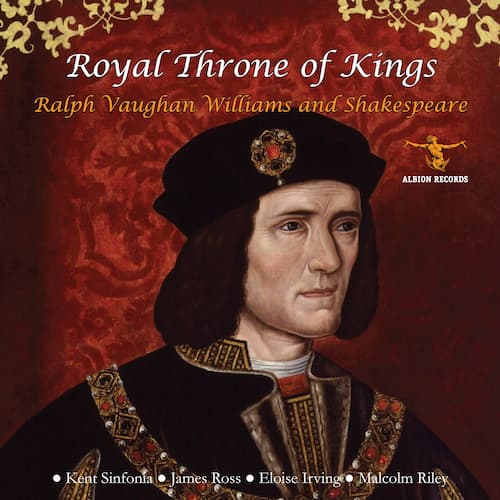
Royal Throne of Kings: Ralph Vaughan Williams and Shakespeare
Eloise Irving, soprano; Malcolm Riley, piano;
Kent Sinfonia; James Ross, cond.
Albion Records, ALBCD062
Release Date: 1 November 2024
Official Website
For more of the best in classical music, sign up for our E-Newsletter

